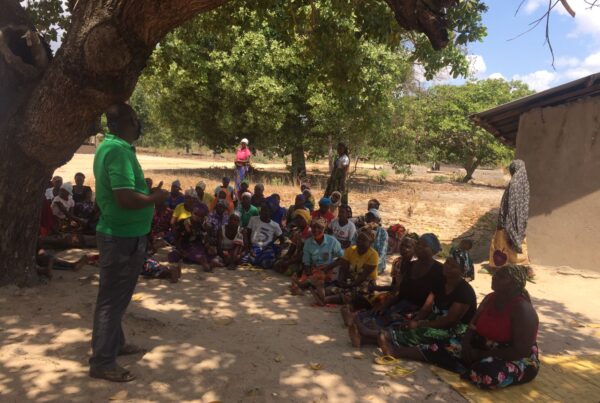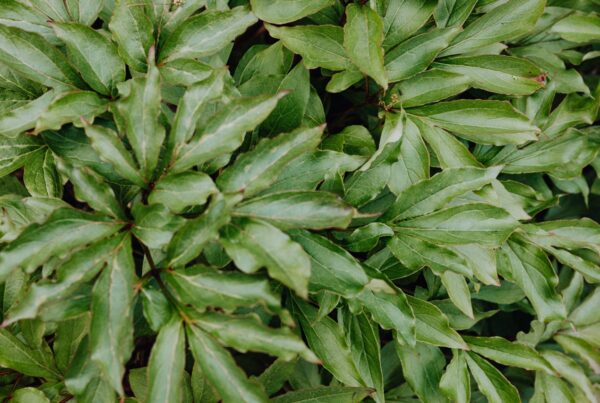Partner
Universidad de Agricultura y Recursos Naturales de Lilongwe (LUANAR)
Universidad de Agricultura y Recursos Naturales de Lilongwe (LUANAR)
Caupí
Malawi
Mozambique y Tanzania

Universidad de Agricultura y Recursos Naturales de Lilongwe (LUANAR)
Instituto de Investigação Agrária de Moçambique (IIAM)
Instituto de Investigación Agrícola de Tanzania (TARI -ILONGA) y Universidad de Agricultura de Sokoine (SUA)
Caupí, una legumbre que prospera en suelos arenosos, ofrece enormes beneficios nutricionales, socioeconómicos y para la salud del suelo en las regiones áridas de África oriental. Pero la productividad de este cultivo lucha contra la sequía, el calor, la baja fertilidad del suelo y las plagas, lo que ejerce presión sobre seguridad alimentaria en la región.
With a goal to develop more nutritious, resilient lines of cowpea, the Lilongwe University of Agriculture and Natural Resources (LUANAR), the Instituto de Investigação Agrária de Moçambique (IIAM) and the Tanzania Agriculture Research Institute (TARI-ILONGA) join to form the Center of Innovation for Crop Improvement for East and Southern Africa (CICI-ESA). By characterizing phenotypic and genomic diversity and conducting genome-wide association studies of cowpea germplasm, the Center of Innovation identifies traits that are farmer and consumer preferred and market demand driven.
The Center of Innovation prioritizes the inclusion of farmers in Malawi, Mozambique and Tanzania in the process of designing and developing more productive and nutritious varieties while conducting a comprehensive analysis to understand specific gender and youth dynamics in the cowpea value chain. The release and use of stable high yielding, nutritionally rich, drought tolerant, disease resistant and early maturing varieties will increase productivity of the crop, and in doing so improve food security, reduce nutrition deficiencies and alleviate poverty, particularly amongst smallholder farmers, women and children.

